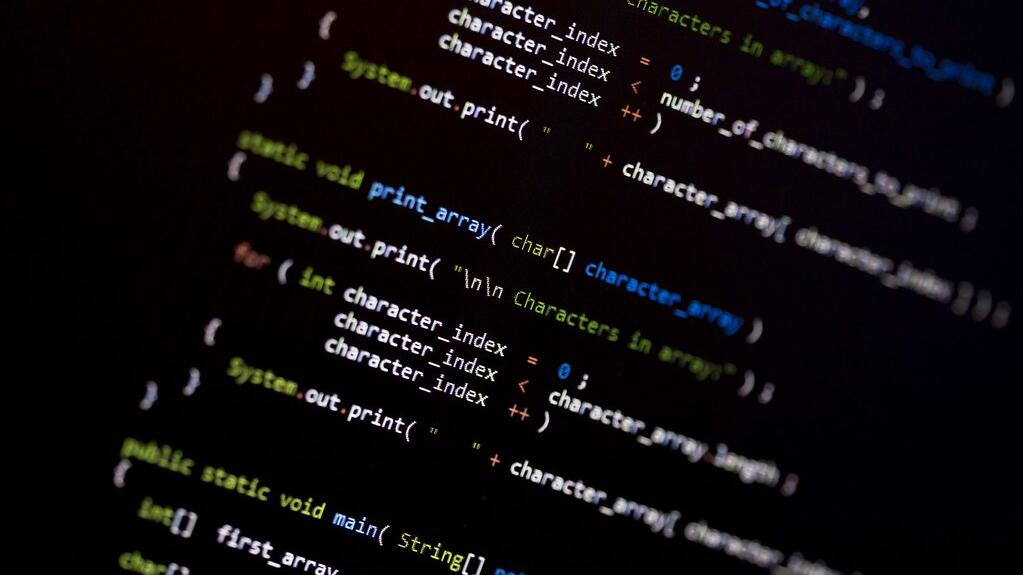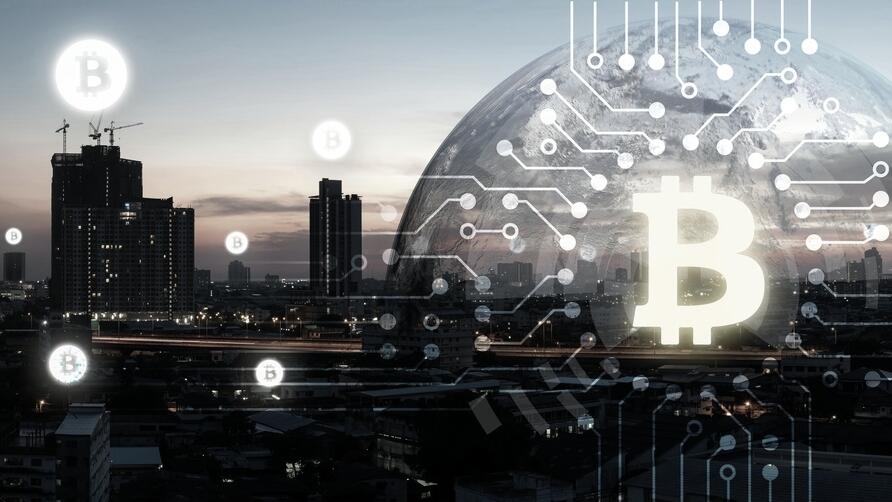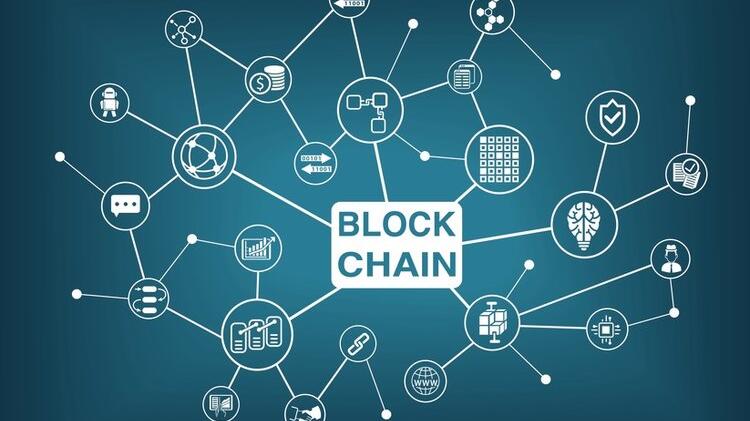 Policy & Regulation
Policy & RegulationBlockchain will be the next GDPR
Summary
Internet of Things (IIoT), big data, blockchain, digital twin technology are all the building blocks of the evolving ecosystem. Potential applications of blockchain technologies could be: markets for certificates of origin, network management and security, electric vehicle charging and coordination, flexibility services, peer to peer marketplaces, integration of retail electricity markets and wholesale energy trading. Key is to manage complexity of digital space and physical network and work on agreements an innovation across a wide range of industrial sectors. What remains to be answered is the most appropriate level and architecture of blockchain ‘governance’
EU is supporting research and innovation
and innovation to test solutions at the interface of the Energy Union and the Digital Single Market, for example on big data and smart cities and IoT, and markets and platforms for grid services. And there are blockchain issues where the communication layer is definitely a key issue is the need for financers into digital energy market solutions that can raise customer awareness, digital skills,.
Open full article
Blockchain will be the next GDPR
What has been apparent for a long time to all of us involved in energy efficiency at business and industry is that the communication layer is the foundation of nascent energy system. It will radically change the relation between the final user and the energy distribution and networks. As to the enabling technology the advanced meters and modern appliances trigger the potential of active demand-response and enable new services for the energy user, where “customer participation in all stages of the development and expansion of the energy system is favoured by digital tools” (EU). Internet of Things (IoT) Industrial Internet of things (IIoT), big data, blockchain, digital twin technology, are all the building blocks of the evolving ecosystem and are expected to radically change system planning and operation while transforming the energy market.
As stated on blockchain in the recent report by the European electricity association, Eurelectric, “blockchain enabled solutions can be implemented and unlock huge opportunities to have everyone participate and derive economic benefits in the new energy world using ‘simple’ interoperable and convenient platforms”. Potential applications of blockchain technologies could be: markets for certificates of origin, network management and security, electric vehicle charging and coordination, flexibility services, peer to peer marketplaces, integration of retail electricity markets and wholesale energy trading.
A focus on innovation and new services for consumers is important to sustain structural change and digital transformation. The key is to manage complexity of the digital space and physical network and work on agreements an innovation across a wide range of industrial sectors. Up to now, there is very limited understanding of a viable concept for the market evolution from energy services to cross-sectoral services. Successful upscaling needs to appear across different market elements and create value accross the board, both for consumers and society.
Energy marketplaces should have a means to encompass data exchange on energy usage or generation, valorise data exchange, provide incentives for data sharing and determine the value of flexibility. Many open questions remain related to digitally enabled open markets concerning the interface / platform / data exchange / data bridge like the a layer in-between appliances/homes and buildings, cars, industrial plants/data assets and the physical grid infrastructure.
What remains to be answered is the most appropriate level and architecture of blockchain ‘governance’. In other words: how to combine legislative requirements with elements of self-regulation. The European Commission is addressing these questions in different forums and stakeholder groupings where EEIP is also involved. In addition, it is supporting research and innovation to test solutions at the interface of the Energy Union and the Digital Single Market, for example on big data, smart cities and IoT, and markets and platforms for grid services;
Finally there are blockchain issues where the communication layer is definitely a key. Such as the user interfaces, innovations that can raise customer awareness, digital skills, future business models and value propositions. With regard to financing, a key issue is the need for initiation of financers into digital energy market solutions, and the need to create a track-record of investments that enable financers to assess risks/opportunities.
Should you have interest in participating in any of the innovative work mentioned here, don’t hesitate to contact EEIP as we are planning participation in number on EU-funded projects and calls.



